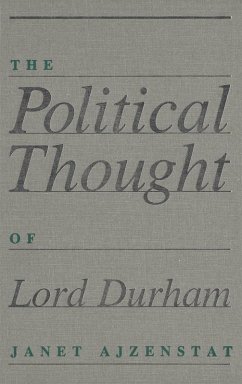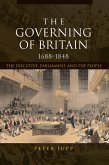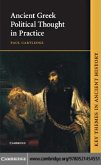While the standard interpretation has portrayed Durham as prejudiced and ignorant about French Canada, Ajzenstat shows that, on the contrary, the assimilation proposal follows from Durham's consideration of ways of opening the widest political and economic opportunities for French Canadians. She argues that far from being "e;racist,"e; as so many historians have suggested, Durham's proposals reflect the tolerance at the heart of liberalism which prohibits discrimination on the basis of race, origin, or creed. To illuminate the Report's argument, Ajzenstat draws on Durham's speeches, letters, and dispatches, as well as material on Canada which he consulted before arriving at his final proposals. One of his sources, she argues, was Tocqueville's Democracy in America. She compares Durham's position on political reform in Britain and in the colonies and concludes that his ideas on reform, empire and revolution, political constitutions, nationality, and political culture form a single forceful theory. Ajzenstat suggests that Durham's argument clarifies what she sees as a present dilemma for Canada: that legislation intended to protect cherished minority traditions necessarily erodes liberal rights that those minorities hold equally dear.
Dieser Download kann aus rechtlichen Gründen nur mit Rechnungsadresse in A, B, BG, CY, CZ, D, DK, EW, E, FIN, F, GR, HR, H, IRL, I, LT, L, LR, M, NL, PL, P, R, S, SLO, SK ausgeliefert werden.









